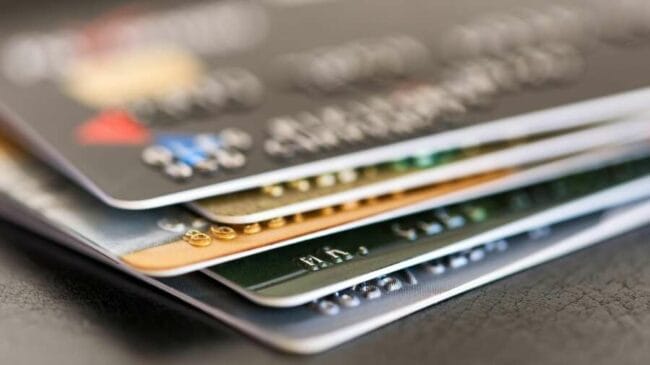
By James Herbert, CEO & founder, Hastee
Let’s begin by looking at how our brains are wired. Think about the hunter-gatherer mindset: when we expend effort, we expect an immediate reward.
It’s therefore no surprise that over time, different areas in society have adapted to our nature as humans. Almost everything we want, we can get on-demand. Whether it’s instantly streaming movies on Netflix, online shopping from Amazon, or fast-food delivery from the likes of Just Eat. And, because of such technological innovations our expectations have accelerated when it comes to the pace of delivery. This isn’t individual to us as consumers in our day-to-day lives, it’s also reflected in the workplace. We ultimately want work to work for us.
Part of this of course comes down to accessing wages. Workers should be able to access a portion of their earned wages whenever they need it, in advance of the monthly pay cycle – whether to help during challenging times or in day-to-day life. We solved this solutionBut, to take this up a level, ready for the future, we introduced the world’s first Earnings on Demand contactless debit card, powered by Visa – giving users access to their accrued earnings in real-time, with the card’s balance dynamically increasing every day they work.
So what is the card, and how will it change how we access earnings in the future?
The basis is very much the concept of Earnings on Demand. At university I set up a company called Brightsparks to connect students with work opportunities so they could earn money. Yet I noticed a common trend. With students often having to wait for the monthly pay cycle to get their earnings, many were having to turn down work simply because they couldn’t afford the travel day-by-day. It became very apparent that not having £20 today could stop them earning £200 tomorrow.
It struck me that payday itself doesn’t have to be a rigid construct that people have to wait for. But this isn’t specific to students. Liquidity is a widespread issue faced by people in all industries and of all ages, and according to our most recent Workplace Wellbeing Study, 82 per cent of people turn to high-cost methods of financing to tide them over when needed.
The Hastee Card effectively makes wages directly accessible: it simply lets people spend a portion of what they’ve already earned.
Some people might wonder why they’d want to step away from the standard monthly pay cycle. But consider this: the monthly payroll (via a cheque) only came about in the 1960s as an Act of Parliament. Before this, most people were paid weekly in cash. The first major firm that shifted to monthly payments did it for cost-cutting. It worked for the employer more than the employee. In fact, that firm’s employees had rejected their employer’s change of payment type when it was first trialled a decade before (look up ‘Pye Radio’). So the way that workers and organisations interact around pay is not set in stone – it changes as technology and society shifts.
The way we perceive and use money keeps evolving. Apple Pay, Monzo, and PayPal have completely changed the way payments can happen, yet payroll still remains largely unchanged. It’s only a matter of time before disruption becomes more widespread.
Looking at it from the employer side, it has its benefits too. Before the climate changed, businesses were accommodating enhanced workplace benefits such as no-desk policies, flexible or remote working. In all cases by businesses offering more, they tend to see a more engaged, happier and less financially stressed workforce – leading to increased productivity.
Earnings on Demand is ultimately a perk that presents an ethical alternative to high-cost credit options such as payday loans, credit cards and overdrafts. And existing solutions offer zero impact on payroll processes, zero impact on the cashflow of the business and are designed for quick, simple integration.
The Hastee Card is an evolution of this all – preparing for the future. It builds upon and enhances the user experience by reducing friction and offering immediate spending power as well as a path to greater benefits such as cashback and rewards in the not-to-distant future.


